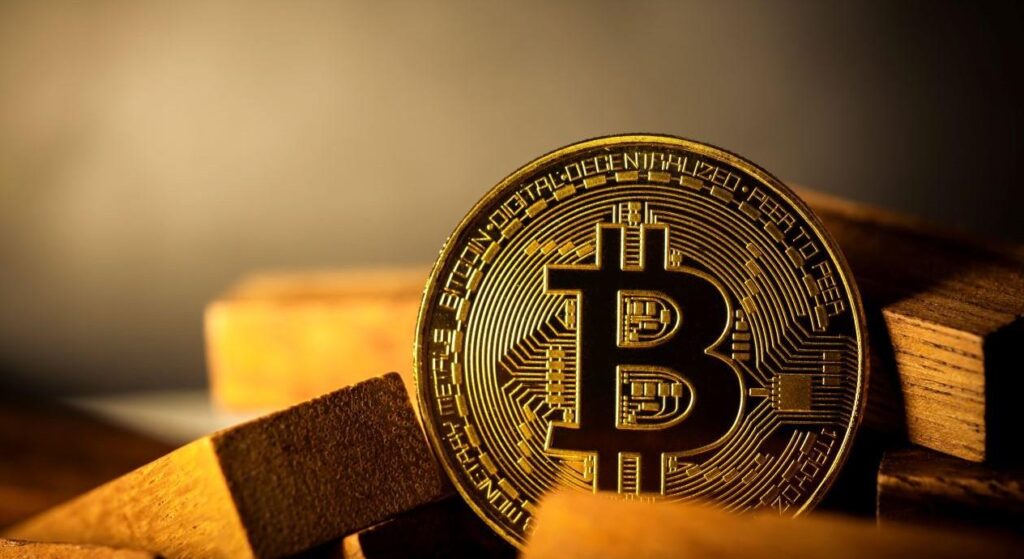The United States has formally lifted some restrictions that had kept Syrians from taking part in various parts of the global financial system. This is a significant and long-awaited step. This shift in diplomacy could mark a turning point in international relations, and it has already had an impact in the realm of Bitcoin. Binance, the world’s largest exchange by trading volume, was one of the most important companies to respond. They quickly announced that their trading platform would be reopened to users in Syria. This move is a massive deal for the people of Syria because it gives them a new chance to utilise decentralised financial instruments that have been difficult to access due to international limitations.
The sanctions, which were first put in place as part of a larger effort to put pressure on the Syrian government during a long civil war, had a significant effect on the daily lives of Syrians. These sanctions not only cut off the country from political support. But they also made it hard for people to get regular banking services. As a result, digital currencies like Bitcoin Holds and Ethereum have become more than just cutting-edge technologies. They have also become crucial tools for safeguarding wealth and conducting business across borders. However, because they feared breaking the law, even crypto exchanges like Binance. Coinbase. And Kraken had long avoided doing business with individuals in regions that were banned.
Binance Returns to Syrian Market
With the U.S. Treasury Department’s Office of Foreign Assets Control (OFAC) now modifying key sanctions frameworks. Platforms like Binance can legally re-engage with the Syrian market. Binance’s reentry into Syria demonstrates a bold yet calculated step toward expanding crypto access in underserved and economically isolated regions. The move aligns closely with the exchange’s global mission of financial inclusidecentralizationization, a vision often championed by its co-founder and former CEO Changpeng Zhao (CZ).
> Binance returns to Syria official staemphasizedhasized the importance of reconnecting with communities that have historically faced systemic exclusion from banking networks. The platform is expected to offer a full suite of services. Including spot trading. Staking. And peer-to-peer (P2P) exchanges, all of which are crucial for Syrians who rely on crypto as a hedge against inflation and a gateway for remittances.
Binance returns to Syria official staemphasizedhasized the importance of reconnecting with communities that have historically faced systemic exclusion from banking networks. The platform is expected to offer a full suite of services. Including spot trading. Staking. And peer-to-peer (P2P) exchanges, all of which are crucial for Syrians who rely on crypto as a hedge against inflation and a gateway for remittances.
Crypto Empowers Syrians Amid Crisis
Cryptocurrency has evolved into more than just a high-risk investment class in the last decade. Digital assets have become a valuable alternative to traditional banking in regions where war or government restrictions have made traditional banking inaccessible. They let people get around capital regulations. Access global markets. And send money from other countries. In Syria. Where the value of local currencies has dropped dramatically and access to foreign institutions is very limited. Platforms like Binance provide more than simply trading. They are a way to stay free and make a living.
Blockchain technology also makes things more open and accountable in places where corruption and unstable money are common. Stable decentralised finance (DeFi) protocols, and crypto wallets like Trust Wallet (which is also owned by Binance), let people keep and move money safely, even if they don’t have a local bank. These capabilities are especially important in a place like Syria, where the infrastructure has been destroyed and traditional banks don’t always work.
Navigating Compliance in Syrian Return
Although things appear favourable, bringing Binance back to Syria will be pretty complicated from a legal and regulatory perspective. Even while the U.S. has eased certain economic sanctions, strict rules are still in place to stop money laundering, funding terrorism, and other illegal activities. Over the past several years, Binance has invested significantly in its compliance infrastructure. It has implemented Know Your Customer (KYC) protocols, anti-money laundering (AML) monitoring, and partnerships with blockchain intelligence companies such as Chainalysis and Elliptic.
This means that Syrian users will need to verify their identity and adhere to strict rules to access Binance returns to Syria. This may seem like a lot of work, but it adds an extra degree of protection that helps people trust crypto ecosystems. As the platform seeks to adhere to both U.S. foreign policy guidelines and international compliance standards, it will be crucial to strike a balance between accessibility and regulatory oversight.
Binance Sets Precedent for Region
Binance’s decision could also impact other cryptocurrency platforms and banks considering a return to the Syrian market. Binance has more than 170 million registered users worldwide, and other companies often follow its lead. Additionally. This could make people in nearby nations with similar economic challenges, such as Lebanon. Iraq. And Palestine. More inclined to use cryptocurrencies.
> Syria’s embrace of blockchain-based technology may interest international organisations, NGOs, and humanitarian groups contemplating cryptocurrencies for relief distribution. The World Food Programme and others have tried blockchain technology to track humanitarian distribution. Better laws and bitcoin platforms may help these businesses grow in Syria.
Syria’s embrace of blockchain-based technology may interest international organisations, NGOs, and humanitarian groups contemplating cryptocurrencies for relief distribution. The World Food Programme and others have tried blockchain technology to track humanitarian distribution. Better laws and bitcoin platforms may help these businesses grow in Syria.
Final thoughts
Binance returns to Syria and around the world are wondering how Binance’s services would operate in the country. Some everyday concerns are whether the platform is easy to use, whether it supports multiple languages. Whether customer support is available. And whether you can convert Bitcoin into local currencies. Reports indicate that Binance is working on making its platform more accessible to users in the Middle East by introducing Arabic language support and simplifying its use on mobile devices. This is important because people in the region primarily use the internet on their phones.
In the future, Binance’s return could help Syria’s digital economy rebuild. Cryptocurrency may play a crucial role in rebuilding a society that can effectively manage financial challenges by enabling people to lend and borrow money from one another, supporting local businesses, and connecting Syrians to global markets.


